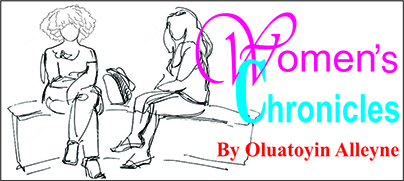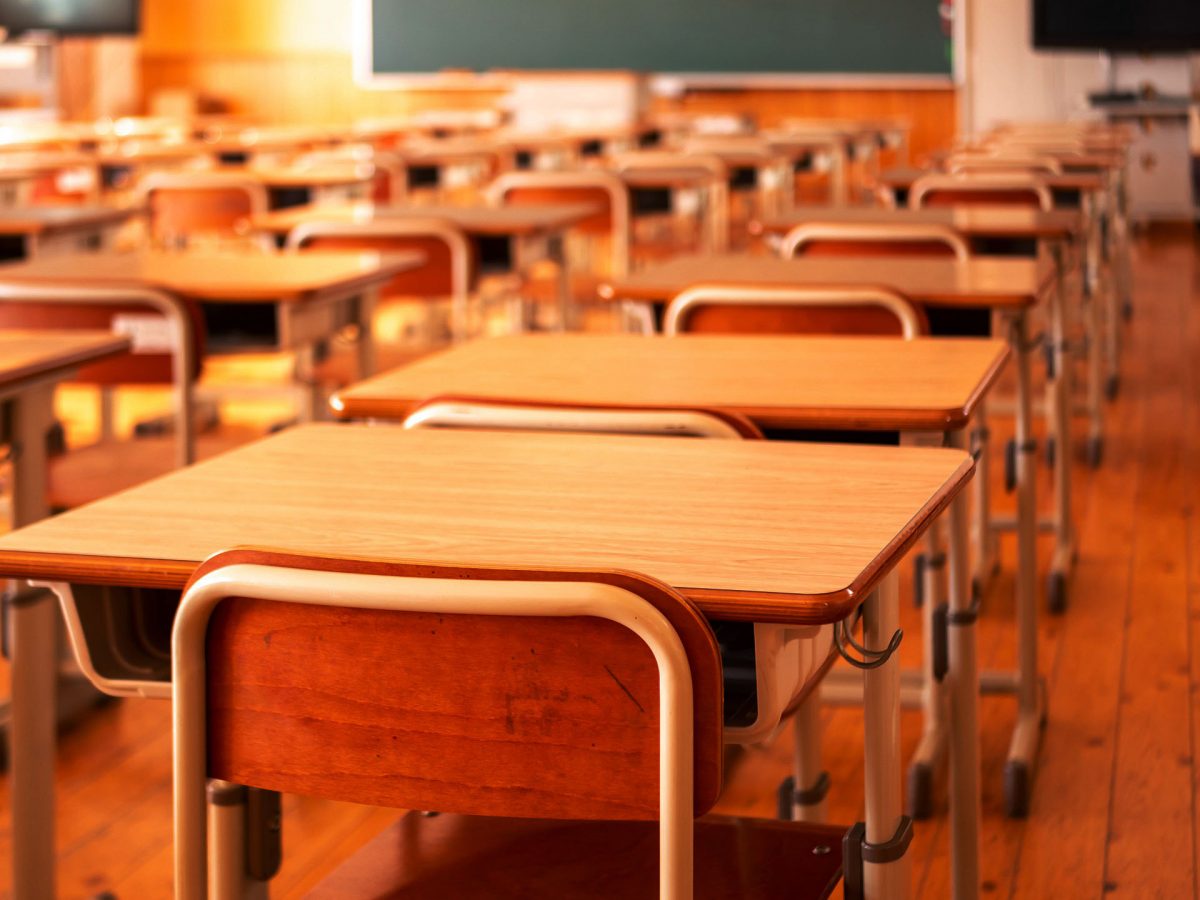 “I happy fuh school to open. I know it guh be a lil hard because now you have to think about putting things in the lunch kit when before you know wah ever lil you get you just cook and left fuh them. But I still happy. I don’t think them children was really learning with the online thing.
“I happy fuh school to open. I know it guh be a lil hard because now you have to think about putting things in the lunch kit when before you know wah ever lil you get you just cook and left fuh them. But I still happy. I don’t think them children was really learning with the online thing.
“And is only one of me children was home last term because de other two went back out already. Now is all a them going and I happy. I know dey had COVID and so but now is time fuh school in de building.”
These are the words of a mother of four whose children will be returning fully to school in the next two weeks. The closing of the physical school doors as a result of the deadly COVID-19 pandemic has been a burden on my heart for the last two years as I have seen the effects it has had on our nation’s children and I am sure children worldwide. I believe the fallout from children dropping out of school due to the physical closure will have just as devastating an impact in years to come just as the pandemic has had.
With the Ministry of Education announcing the end of online engagement, at least in the public school system, and the full return to physical school every day, I decided to canvass the reactions of mothers days before the new term begins tomorrow.
“The closing of schools had to happen, but now [they have] to open. The children just have to wear their masks and the teachers have to ensure that they are safe once in the school environs. There is so much we can do and no more and we just have to pray and hope our children remain safe. Some people think COVID done but we still have to be careful,” one mother told me.
“I know some parents would still be scared and that is understandable but the children have to return to physical school,” she continued.
Another sister did not agree.
“I would prefer my child to be at home where I can keep her safe. Guyanese believe that the pandemic is over because of the low numbers and many of them are not even wearing masks or following the protocols. What you think will happen?
“The online was working for my child. She has been doing well and I would much prefer to be at home,” she said.
I asked her what she would suggest since so many children were/are not being engaged.
“I don’t have the answer for it all but I am telling you what would have work for me. I don’t want anything to happen to my child. I think they should still do online for the nursery and Grade One children because they are too small to wear the mask all the time and they would take it off,” she answered.
Nursery and primary school children have been attending school in the public system for months. They did not go every day as there was a rotation system in place to help reduce the number of children in the buildings at the same time. Not all children will be attending school every day.
I mentioned to this sister that not many children have been diagnosed with the virus.
“That’s not the point,” she cut me off. “The point is that we need to keep our children safe and many times this cannot be done when they are away from us. COVID-19 was new and it was deadly and it is still deadly. People think that it is gone and that to me is frightening.”
While I would not negate the fact that some of the points made by the sister are valid, I wanted her to understand that online learning was not working for too many of our children. Unless a parent was at home 24/7 to monitor children (and even then the youngsters are still smart enough to sneak in time for video games without the adult knowing) then it was not working.
“For me we just have to try and get things back to normal, we cannot continue to live in this fear. School has to open and that is the end of it. How long were we supposed to keep our children home?” one mother asked when I broached the issue with her.
“We don’t really have good internet and it was just two phones with four children so de online thing was not working for me and my children. They use to complain how the phone too small and how dey eye hurting and all kinds of things. Let me tell you I can say that my three children really fall back.
“Is only now since dey going back to physical school like dey catching back up. And the big boy, a lot of children in he class not going back and it was hell to get he to go back to full school. He telling me how he would work and help me and I tell he not a bit of it. I want he get a education so he can do better than me,” another mother told me.
There are mixed views about the reopening of the school. I must say kudos to Education Minister Priya Manickchand and her team for sticking by the decision to reopen schools even at a time when the numbers were climbing in Guyana. Thankfully we did not see any outbreak among the schools’ population so for me it was worth the risk.
According to UNICEF, global school closures in response to the COVID-19 pandemic presented an unprecedented risk to children’s education, protection and well-being.
“Schools do much more than teach children how to read, write and count. They also provide nutrition, health and hygiene services; mental health and psychosocial support; and dramatically reduce the risk of violence, early pregnancy and more. And it’s the most vulnerable children who are the hardest hit by school closures, and we know from previous crises that the longer they are out of school, the less likely they are to return,” UNICEF said recently.
It was advised that when countries are deciding whether to reopen schools, authorities should look at the benefits and risks across education, public health and socio-economic factors, in the local context, using the best available evidence. The best interest of every child should be paramount.
“When children are not able to interact with their teachers and their peers directly, their learning suffers. When they are not able to interact with their teachers and peers at all, their learning loss may become permanent,” said Catherine Russell, UNICEF Executive Director. “This rising inequality in access to learning means that education risks becoming the greatest divider, not the greatest equaliser. When the world fails to educate its children, we all suffer.”
A report released by UNICEF last month provided data on learning loss and pointed to emerging evidence that shows many children did not return to their classrooms when schools reopened.
It was noted as well that out-of-school children are some of the most vulnerable and marginalised in society. They are the least likely to be able to read, write or do basic maths, and are cut off from the safety net that schools provide, which puts them at an increased risk of exploitation and a lifetime of poverty and deprivation.
So let’s wish our children all the best when they return to the classroom tomorrow. As parents let’s do our best to keep them safe and support the teachers as they do the same. It is the right thing; our children have to return to physical learning.





